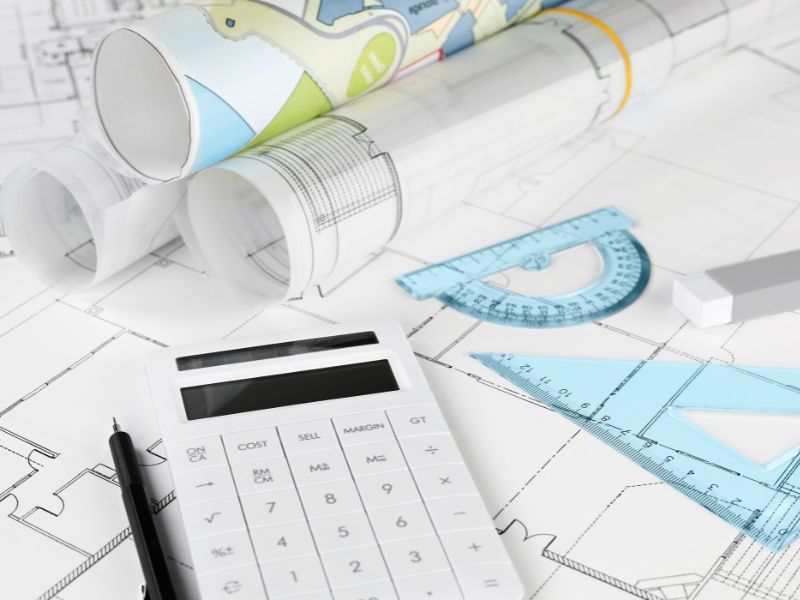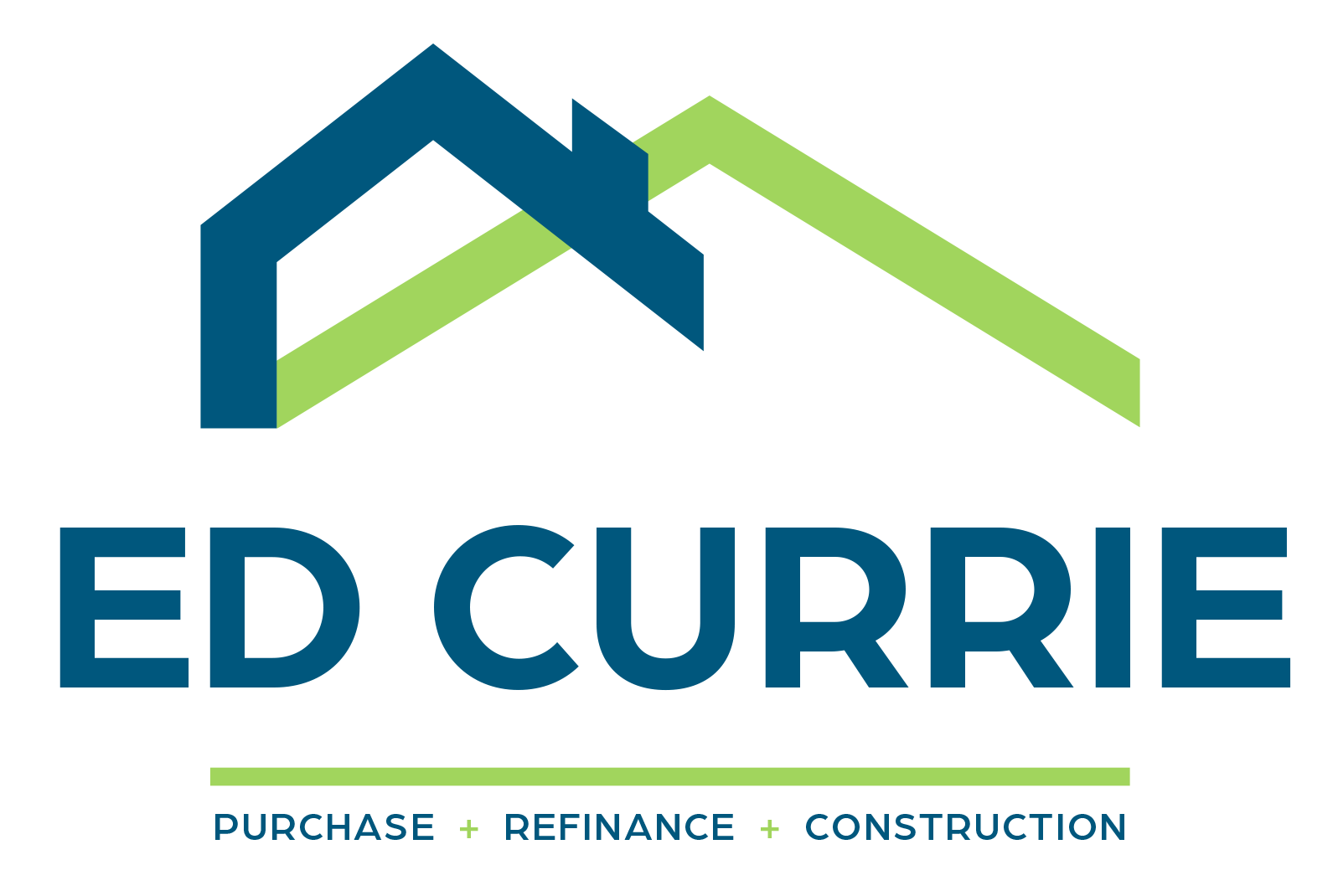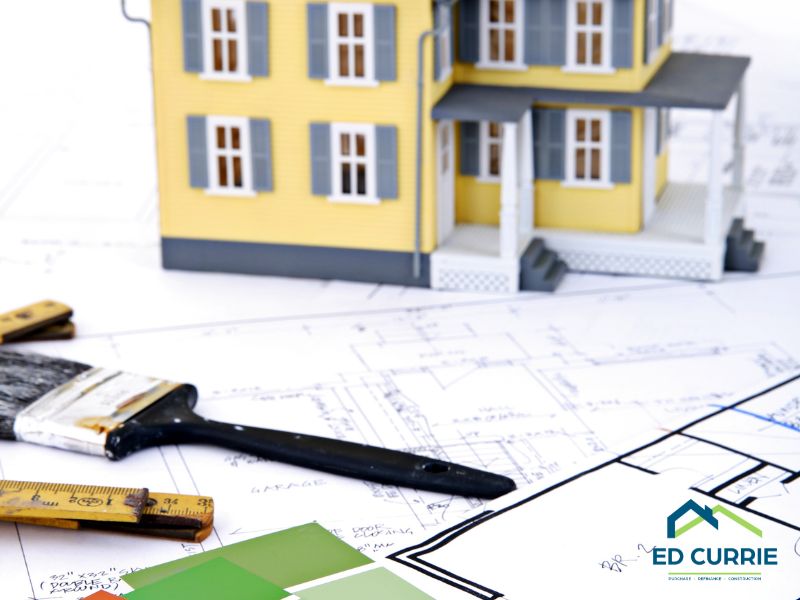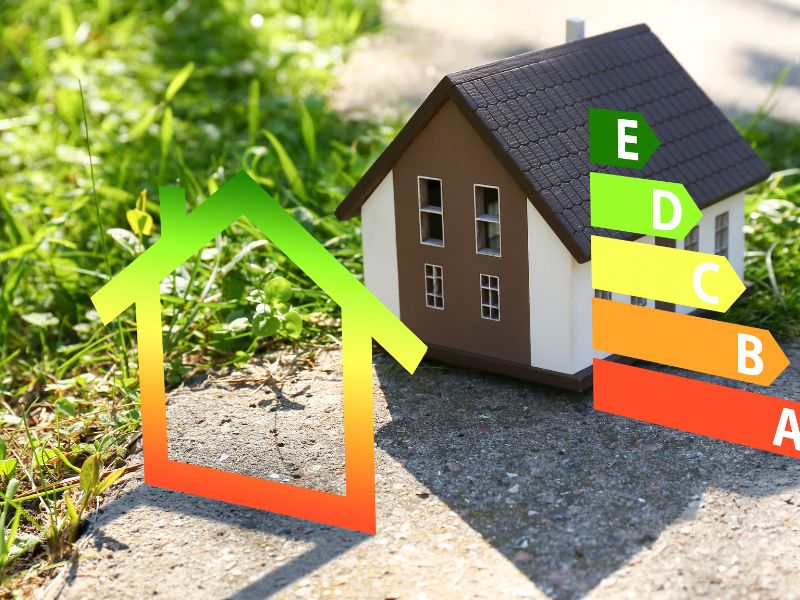- Hard Costs
- Materials: Lumber, concrete, steel, roofing materials, and other building supplies.
- Labor: Wages paid to construction workers, subcontractors, and other skilled tradespeople.
- Equipment: Rental or purchase of construction machinery and tools.
- Soft Costs
- Design Fees: Payments to architects, engineers, and designers.
- Permits and Inspections: Fees for obtaining necessary building permits and conducting inspections.
- Legal Fees: Costs associated with legal work, contracts, and compliance.
- Insurance: Coverage for the construction site and project-related risks.
- Financing Costs
- Interest Payments: Costs of borrowing money through construction loans or mortgages.
- Origination Fees: Charges by lenders to process your loan application.
- Appraisal Fees: Costs of evaluating the property’s value to secure financing.
- Contingency Costs
- Change Orders: Additional costs due to changes in project scope or design.
- Unforeseen Conditions: Expenses from unexpected site conditions or delays.
- Operational Costs
- Utilities: Electricity, water, gas, and other essential services.
- Maintenance and Repairs: Regular upkeep and any necessary repairs to maintain the property.
- Property Management: Fees for managing the property if it’s a rental or commercial project.

Embarking on a construction project, whether building your dream home or undertaking a major renovation, involves navigating a complex landscape of costs. Understanding the different types of costs is crucial to budgeting effectively and ensuring your project runs smoothly. Let’s break down the various cost types you may encounter.
1. Hard Costs
Hard costs, also known as direct costs, are tangible and easily identifiable expenses directly associated with the physical construction of a project. These include:
- Materials: Lumber, concrete, steel, roofing materials, and other building supplies.
- Labor: Wages paid to construction workers, subcontractors, and other skilled tradespeople.
- Equipment: Rental or purchase of construction machinery and tools.
These costs are often the easiest to estimate and track, as they pertain directly to the creation of the structure.
2. Soft Costs
Soft costs, or indirect costs, encompass the non-physical elements of a construction project. These include:
- Design Fees: Payments to architects, engineers, and designers.
- Permits and Inspections: Fees for obtaining necessary building permits and conducting inspections.
- Legal Fees: Costs associated with legal work, contracts, and compliance.
- Insurance: Coverage for the construction site and project-related risks.
Soft costs are essential for project planning and compliance, ensuring everything runs legally and efficiently.
3. Financing Costs
Financing costs are expenses incurred to secure the funding necessary for your construction project. They include:
- Interest Payments: Costs of borrowing money through construction loans or mortgages.
- Origination Fees: Charges by lenders to process your loan application.
- Appraisal Fees: Costs of evaluating the property’s value to secure financing.
Understanding these costs helps you manage your budget and secure favorable loan terms.
4. Contingency Costs
Contingency costs are set aside to cover unexpected expenses that arise during construction. These can include:
- Change Orders: Additional costs due to changes in project scope or design.
- Unforeseen Conditions: Expenses from unexpected site conditions or delays.
Having a contingency budget helps mitigate financial risks and ensures your project can handle surprises without derailing.
5. Operational Costs
Once construction is complete, operational costs come into play. These ongoing expenses include:
- Utilities: Electricity, water, gas, and other essential services.
- Maintenance and Repairs: Regular upkeep and any necessary repairs to maintain the property.
- Property Management: Fees for managing the property if it’s a rental or commercial project.
Planning for operational costs ensures the long-term sustainability and functionality of your project.
Understanding the different cost types in construction projects is key to successful budgeting and project management. By distinguishing between hard, soft, financing, contingency, and operational costs, you can better prepare for the financial demands of your construction journey.




![EdCurrie_Logo White[Transparent] EdCurrie_Logo White[Transparent]](https://edcurrie.com/wp-content/uploads/elementor/thumbs/EdCurrie_Logo-WhiteTransparent-qybu3sjgpfhje9098uitv7fpt7os2hgn52gfy6ocx4.png)